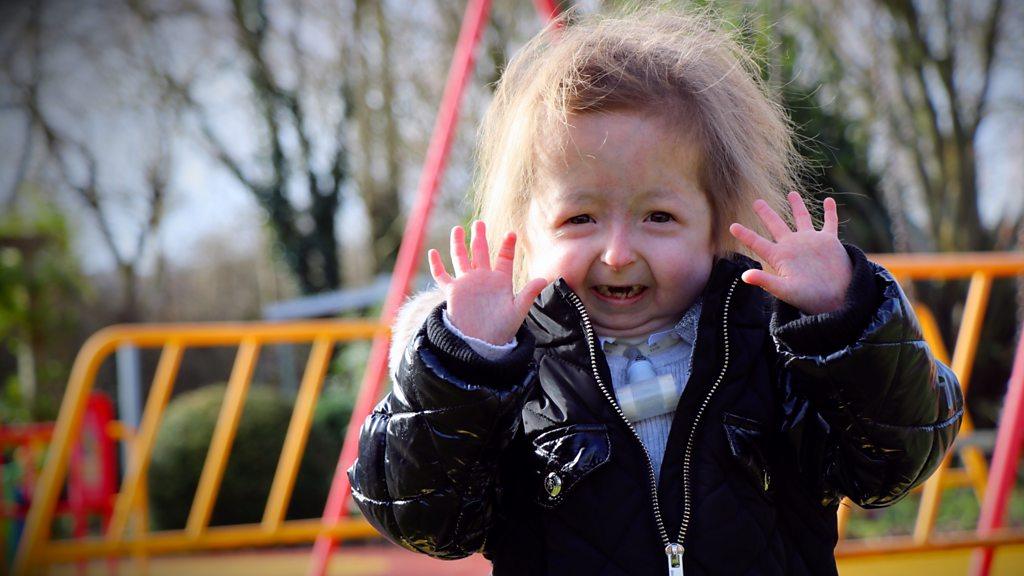Assistance dog helps woman with rare condition pursue dream
- Published
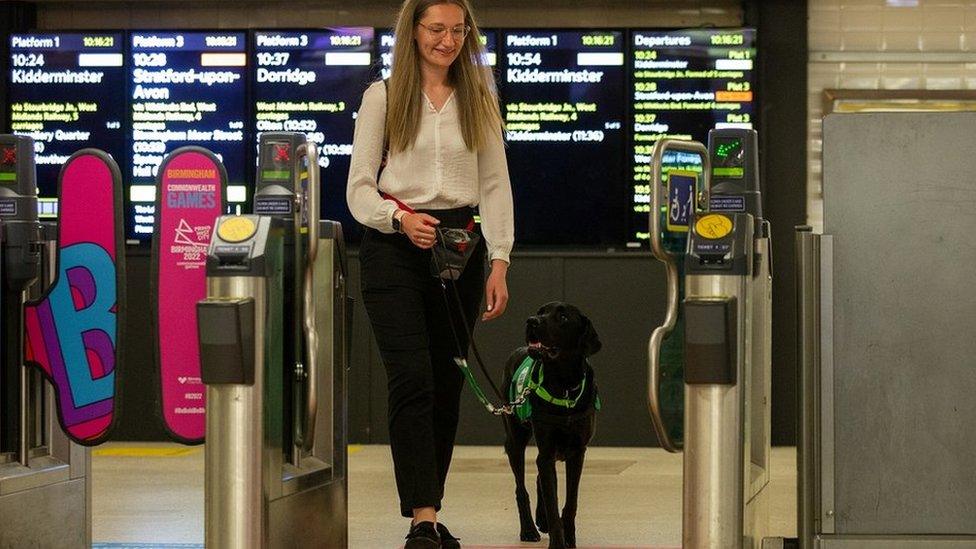
Albert the dog helps Jemima Banks carry out her job as an apprentice solicitor in Birmingham
A woman whose joints easily dislocate has been given the chance to follow her dreams thanks to her assistance dog.
Jemima Banks, 25, lives with Ehlers-Danlos syndrome, a rare inherited condition which affects connective tissue and causes very flexible joints.
It means tasks such as getting dressed or opening doors can become very painful and she often faints.
Since being paired with her dog Albert, she has been able to pursue a career in law in Birmingham.
"Albert has been absolutely life-changing," she said.
"He helps me with things like taking off jumpers, cardigans and socks, so I don't dislocate any of the joints.
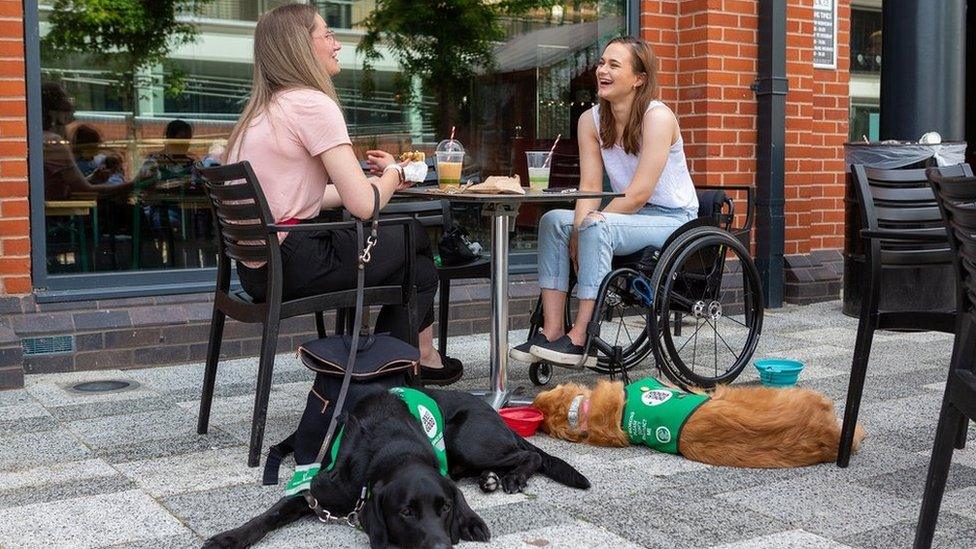
Jemima's and politics graduate Isabelle Atkins' dogs were provided by Dogs For Good
"It is fantastic that he gives me so much independence, it makes me the same as everyone else at work and I can just carry on with my job."
The condition has meant Ms Banks, from Warwickshire, previously had to stay at home and rely on her parents, so the prospect of realising her ambition seemed like just a distant dream.
She added: "Now that I have Albert, it has opened up a lot of doors for me."
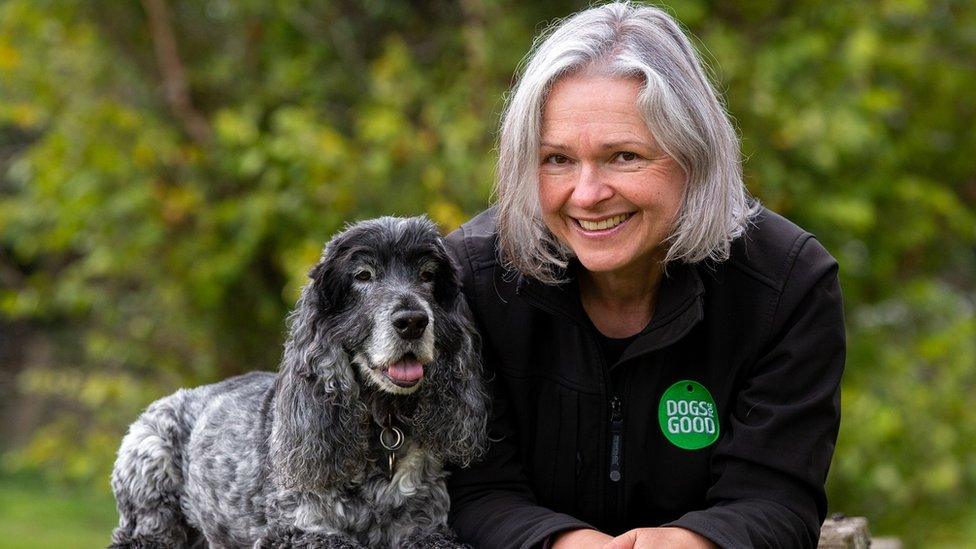
Maddy Phelps, from Dogs for Good, says the animals help to transform lives
Emma Dennis, diversity and inclusion manager of Gowling WLG, said: "Us putting an assistance dog policy in place hasn't cost us anything as a firm. Just being able to see that small change, to the difference it's made to Jemima, she's present, she's in the office, she's now one of our legal apprentices and it's just magnificent to see."
Albert has been provided by charity Dogs For Good.
The charity trains assistance and community dogs to help autistic people and those living with physical disabilities or dementia lead more independent lives.
Maddy Phelps, from the charity, said: "We feel that our dogs are connectors, they are enablers, they are helpers and they go on to create wonderful partnerships that transform lives."

Follow BBC West Midlands on Facebook, external, Twitter, external and Instagram, external. Send your story ideas to: newsonline.westmidlands@bbc.co.uk , external
Related topics
- Published17 November 2022
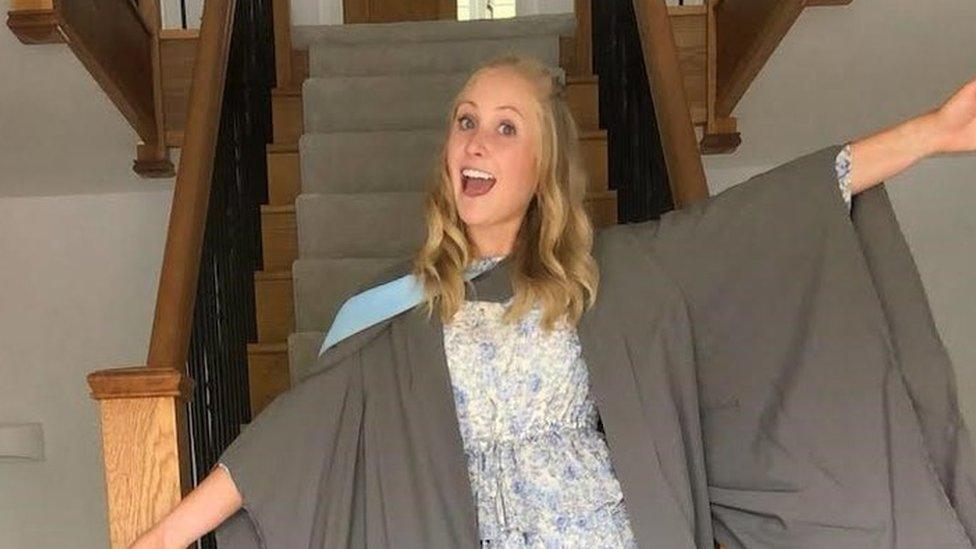
- Published1 March 2022
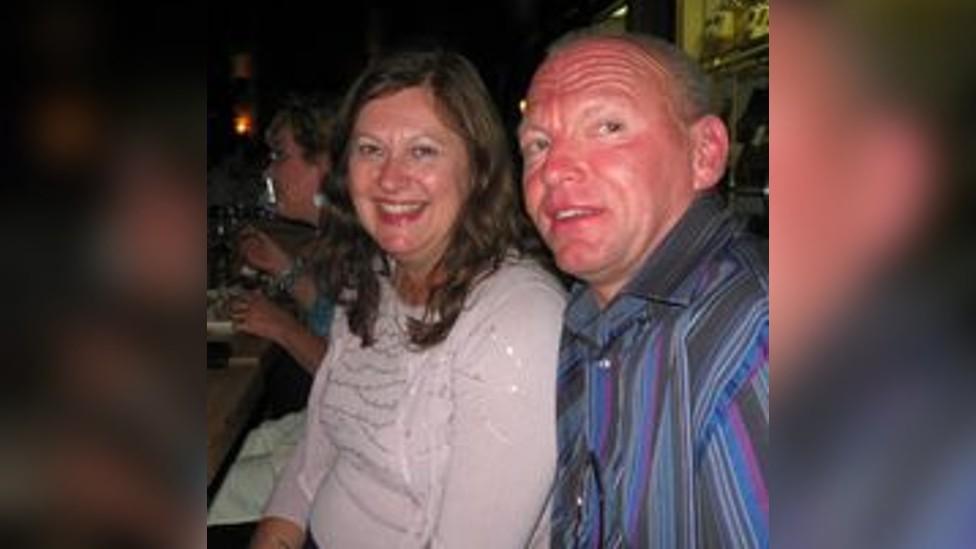
- Published6 March 2022
